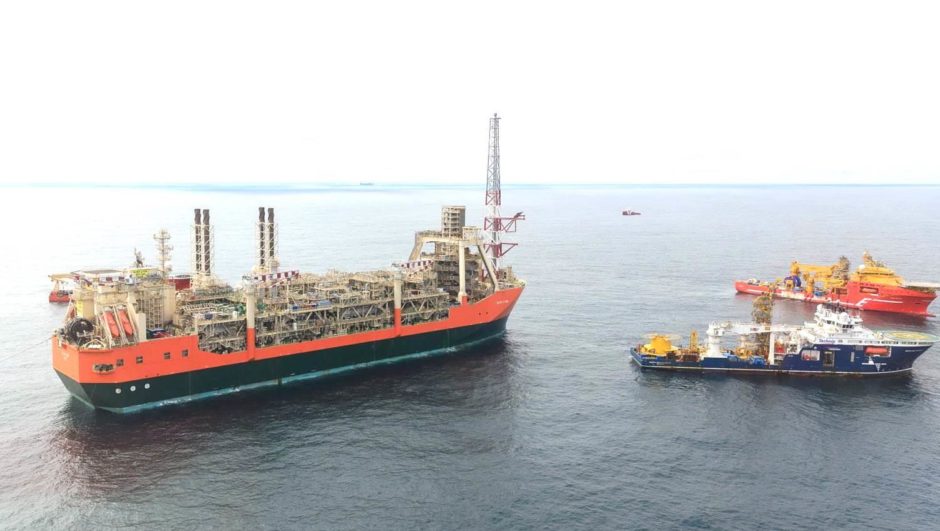
Commodity prices and refining margins will need to rise before pressure on BP’s credit rating eases up, Moody’s warned yesterday.
The ratings agency maintained its negative outlook for BP despite the energy giant beating analysts’ predictions by returning to the black in the third quarter of 2020.
BP chief executive Bernard Looney assured investors during the London-listed firm’s results webcast dividends were his “number one priority”.
In August, BP said it would cut its dividend in half to free up cash for its transformation into an integrated energy company.
The company also vowed to cut its oil and gas production by 40% over the next decade and increase investment in low carbon technologies tenfold to £3.8 billion a year.
Yesterday, the firm’s CEO described the firm’s hydrocarbons division as the “engine room” of the overall business.
Mr Looney, who used to head up BP’s North Sea operations, said the division was “high quality” and would deliver earnings growth out to 2025, despite the wider group’s plans for divestments. He also insisted BP could deliver targeted returns of 8-10% on its low carbon energy investments.
BP reported pre-tax profits of £115 million in the third quarter, improving on losses of £19m in the corresponding period in 2019, and 16.5 billion in the second quarter of 2020.
Second quarter figures were weighed down by hefty impairments related to lower oil and gas price assumptions and exploration write-offs.
The company’s latest figures were also helped by a 45% lift in Brent crude prices between the second and third quarters of 2020, but revenue fell 36% year-on-year to £33.9bn.
Underlying replacement cost profits – BP’s preferred performance measure, stripping out gains or losses on the value of inventories – totalled £66m in Q3, down from £1.7bn a year ago.
BP revealed its organisational restructuring plans meant it would incur “people-related costs” of around £1bn, including redundancy payments.
Headcount has already fallen by 2,800 this year, but total job losses are expected to reach 10,000 through the company’s “reinvent” programme.
BP shares continue to hover near 25-year lows in a sign that investors remain sceptical about the firm’s new, net-zero direction.
Sven Reinke, lead analyst for BP at Moody’s, said: “While BP is now cash break-even at an oil price in the low 40s, higher oil and gas prices and a recovery of refining margins are needed for BP to return to substantial profitability and to reduce the negative pressure on its A1 rating.”
Analysts at financial services firm AJ Bell were also underwhelmed, warning BP’s dividend would “remain in question” for the foreseeable future.
AJ Bell investment director Russ Mould said BP’s ability to beat forecasts for losses in the third quarter was “just as much an indication of how low expectations had fallen”.
Mr Mould added the “uncomfortable truth” was that a “huge amount of manpower, resources and effort” were required to achieve what many commentators believed were relatively small profits.
RBC Europe, meanwhile, saw “better risk-reward” elsewhere in the sector, including with Shell, due to its “more cash generative core business”.
Recommended for you

